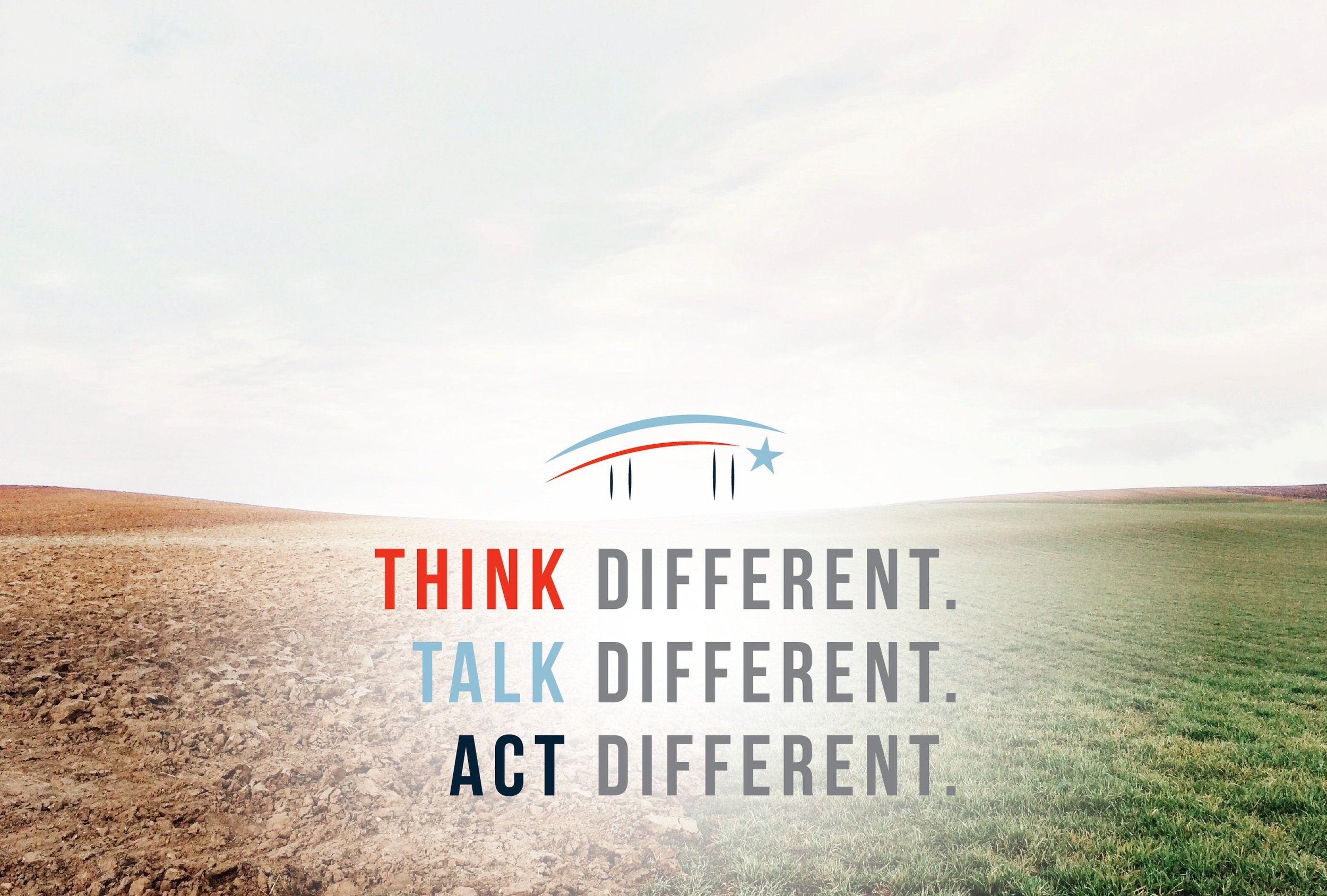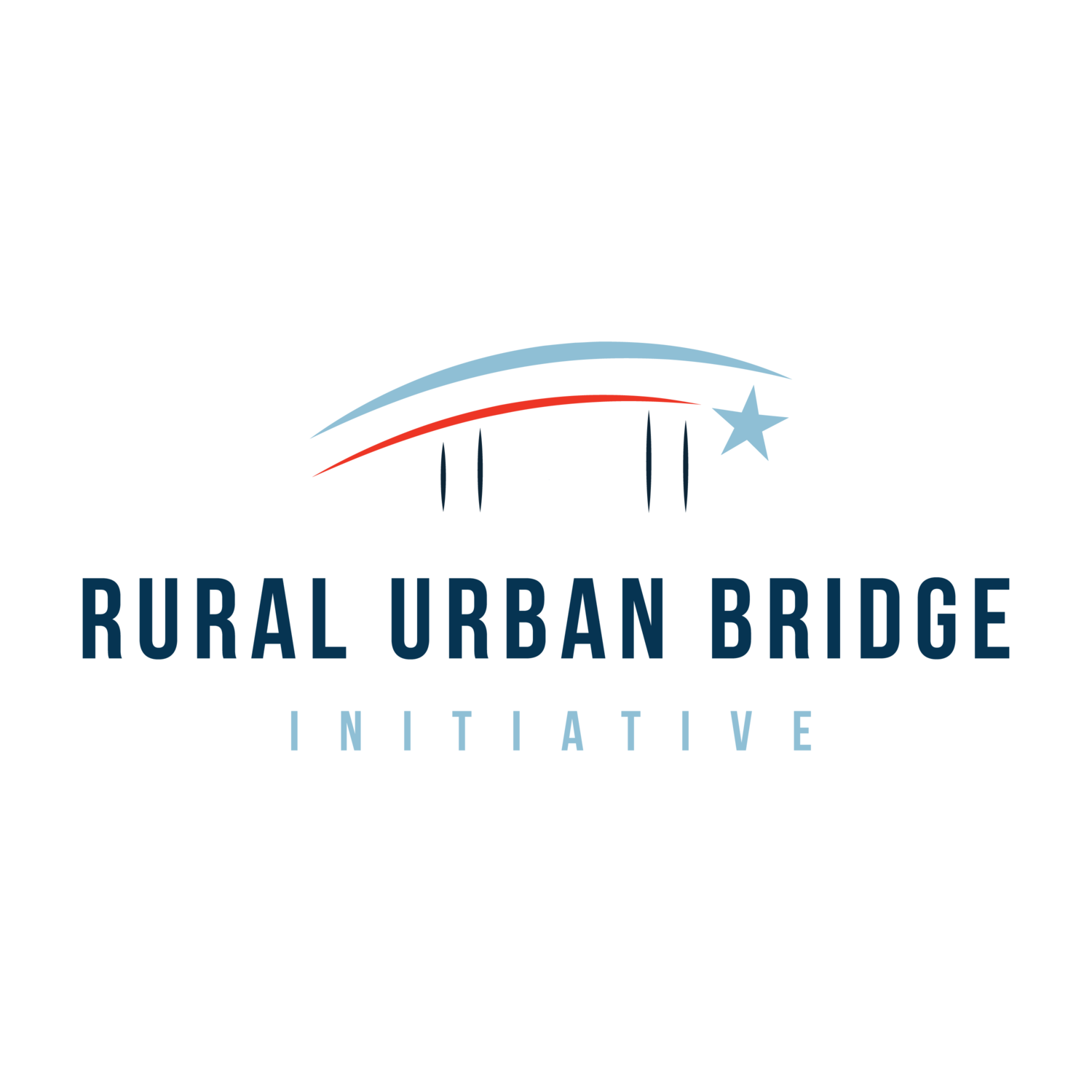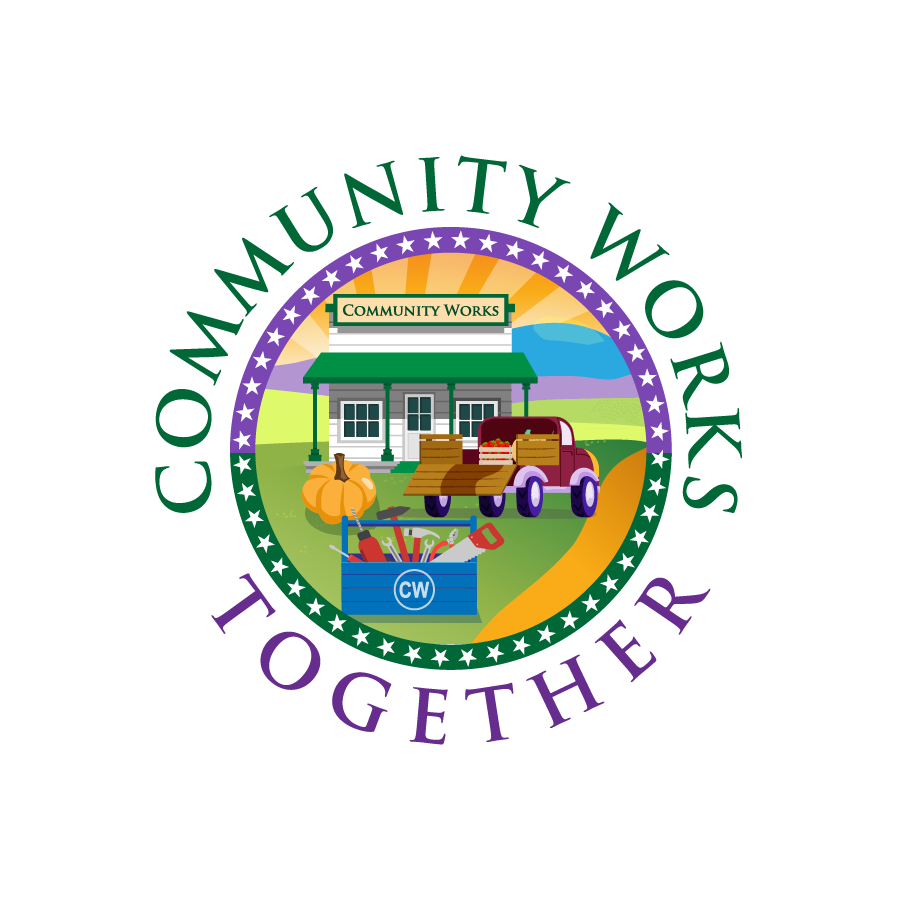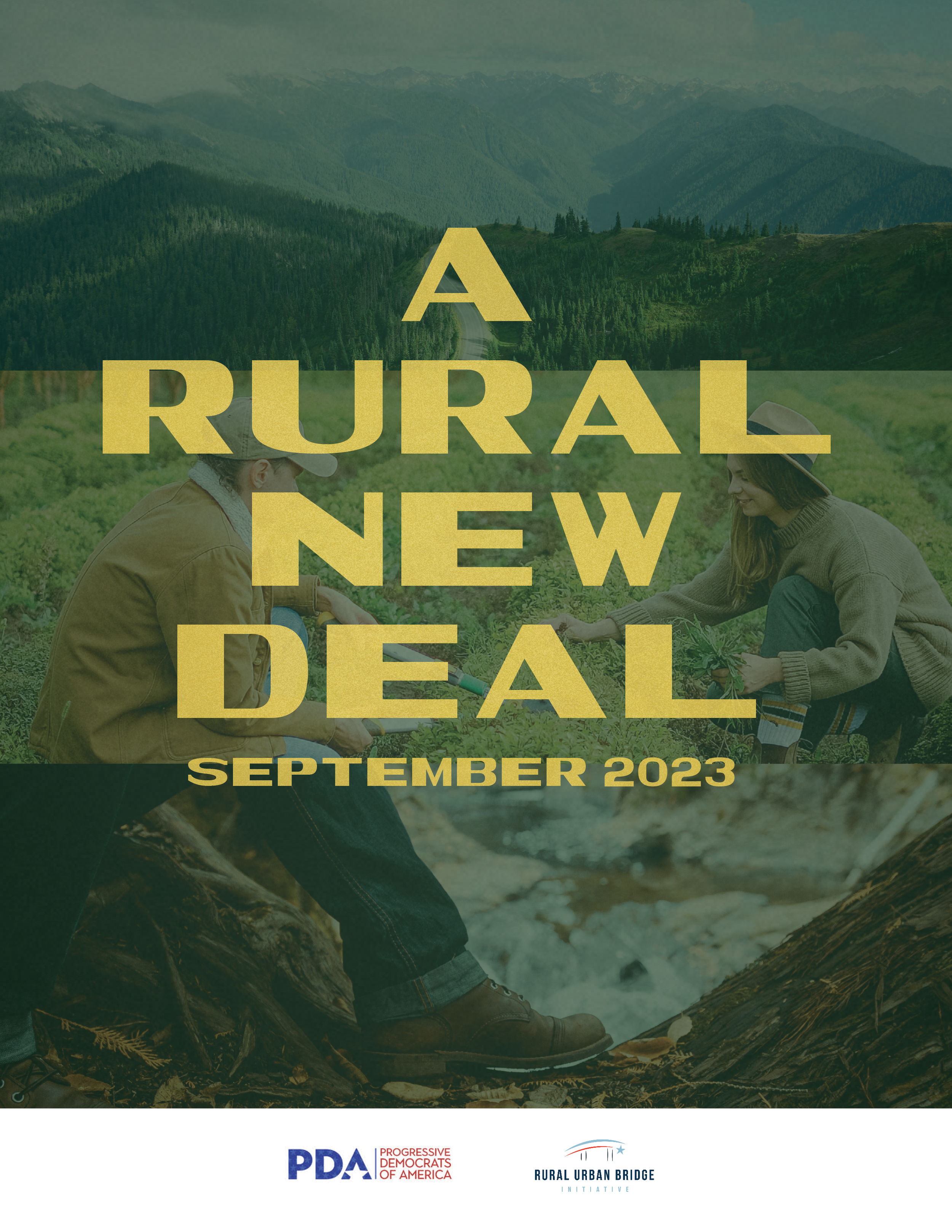
The Rural Urban Bridge Initiative invites all of us to think differently, talk differently and act differently in order to understand the causes of the rural-urban divide and then do something to repair it. We develop political, economic and communications strategies that build bridges and serve the common interests of all working and middle class Americans.
Polarization is at an all time high.
Everyday people – rural and working-class people, small business owners and farmers – from nearly every demographic background feel the system is rigged against them.
Wondering how we got here and what to do now?
RUBI delivers trainings that get to the bottom of the rural-urban divide and how Democrats lost rural and working-class voters, and provide actionable strategies.
“Your training has had a profound impact on me personally. It caused a fundamental paradigm shift in my thinking about my rural neighbors.” —Christine Campe-Price, Eastern Maryland Dems
Join our campaign to broaden and strengthen the resistance by putting forward a positive vision and concrete actions that rebuild rural and working class communities!
Rebuilding trust through Community Works
"The volunteer service I do through CWorks brings me in contact with neighbors of all political stripes, as we work together for the community. We are able to engage with each other to achieve a common goal and, at the same time, build a relationship that probably wouldn’t have happened if it wasn’t for CWorks. For me, the value of CWorks is that it is bridging a political divide in this community that I didn’t think was bridgeable.” — Bob Richey, Luray, VA
While politicians in Washington are busy fighting partisan battles, we are rebuilding trust and finding common ground. People in rural areas have a wide range of opinions, but that’s not stopping us from working side-by-side on non-political efforts to improve our communities.
Community Works partners with local civic, church, school, and community groups to strengthen our rural communities and restore trust among neighbors across political differences.
We began in 2023 as a pilot in seven counties in Virginia and Georgia and are expanding to meet growing demand nationwide!
Want to find out how you can get involved?
Community Works has a monthly info session, held on the 4th Wednesday of the month at 6:30pm ET.
Reform the Democratic Party from the Bottom Up
RUBI is leading a coalition of rural, progressive and Democratic organizations to urge the new Chair of the Democratic National Committee to substantially shift the Party’s time, attention and funding into rural and working-class communities.
Strong majorities already support things like increasing the minimum wage, cracking down on monopolies and price-gouging, supporting small family farmers, and raising taxes on the richest Americans.
What's missing are thriving local Democratic Parties who know and respect their fellow citizens and know how to talk like a neighbor about the things that matter to them the most.
Join RUBI in calling on Democratic leaders and donors to give 10% of their billions toward rebuilding local parties.
“For decades now, small towns and rural communities have been hollowed out by factory closures, bad trade policies and the power of Big Ag. The Republican Party talks a good game, but only makes things worse for these folks. I signed this critically important letter because I'm convinced that the Democratic Party is at a crossroads, and that we must choose the path that puts working people and their communities at the center of everything we do.”
-Ro Khanna (CA-17) US Representative
Forty years of trickle down economics have failed everyday people.
But there is an alternative.
The Rural New Deal is a positive vision for a fair economy and a pragmatic blueprint for how we can help build rural prosperity and demonstrate real and serious commitment to the livelihoods and communities of rural people.
Jointly authored by RUBI and Progressive Democrats of America, the Rural New Deal was shaped and guided by input from almost twenty rural development practitioners, rural advocates and leaders from across the country.
Endorsed by Congressman Ro Khanna (D) 17th District, CA
Want ideas for how you can support the Rural New Deal? Check out the RND User’s Guide
While we can’t rewrite the past, we can reframe the future. A policy framework like the Rural New Deal would recenter our policy debates to people and local communities, cut through the political noise, build understanding and trust, and put us all on a path for a real American renewal.” —Mike Schmuhl, Chair, Indiana Democratic Party
The Latest
RUBI featured in new article by Justin H. Vassallo in The American Prospect:
“This, then, is how rural strategists hope to change the narrative and trajectory of American politics: not through conferences, white papers, and viral media, but by transforming the everyday ways progressives think of and relate to left-behind Americans.”
-
Learn about the causes and consequences of the rural-urban divide. Consider the diverse perspectives and priorities of rural working people. Set aside stereotypical assumptions about people based on their zip code or formal education. Understand the challenges and strengths of rural and small town communities adapting to decades of deindustrialization, population decline, and family farm losses. Take stock of ways in which the two major parties have failed them. Recognize that people who take pride in self-reliance sometimes feel shame or resentment when they must rely on government assistance. Reflect on the ways in which the land and labors of rural people make modern life possible. Walk a mile in their shoes.
-
Learn to engage in respectful dialogue across lines of difference. Share your values and opinions without dehumanizing or acting superior to those who were raised to see things differently. Learn how to talk about racism and other forms of prejudice in ways that don’t trigger defensiveness. Talk like a neighbor, not an activist. Don’t censor, lecture, scold or use slogans like “America is already great” that don’t ring true. Don’t doomsay or exaggerate. Avoid language that is academic, wordy, dogmatic, condescending, self-righteous, or trendy. Let people know that your goal is not to convince them but to understand their needs and seek common ground.
-
Make the concerns of rural poor and working people as high a priority as other progressive concerns. Consider solutions that are universal as well as those that are uniquely responsive to rural needs. Engage local knowledge, expertise and values instead of proposing top-down policies designed by distant bureaucrats. Invest in rural institutions that have already earned the public’s trust. Bring rural voices into universities, media and the arts. Reverse trade and agriculture policies that have left farmers and blue collar workers high and dry. Confront industries that treat rural areas like resource colonies, and corporations who bust unions, raid pensions and shutter local hospitals, banks and newspapers. Challenge political parties to put people and planet ahead of profits.







